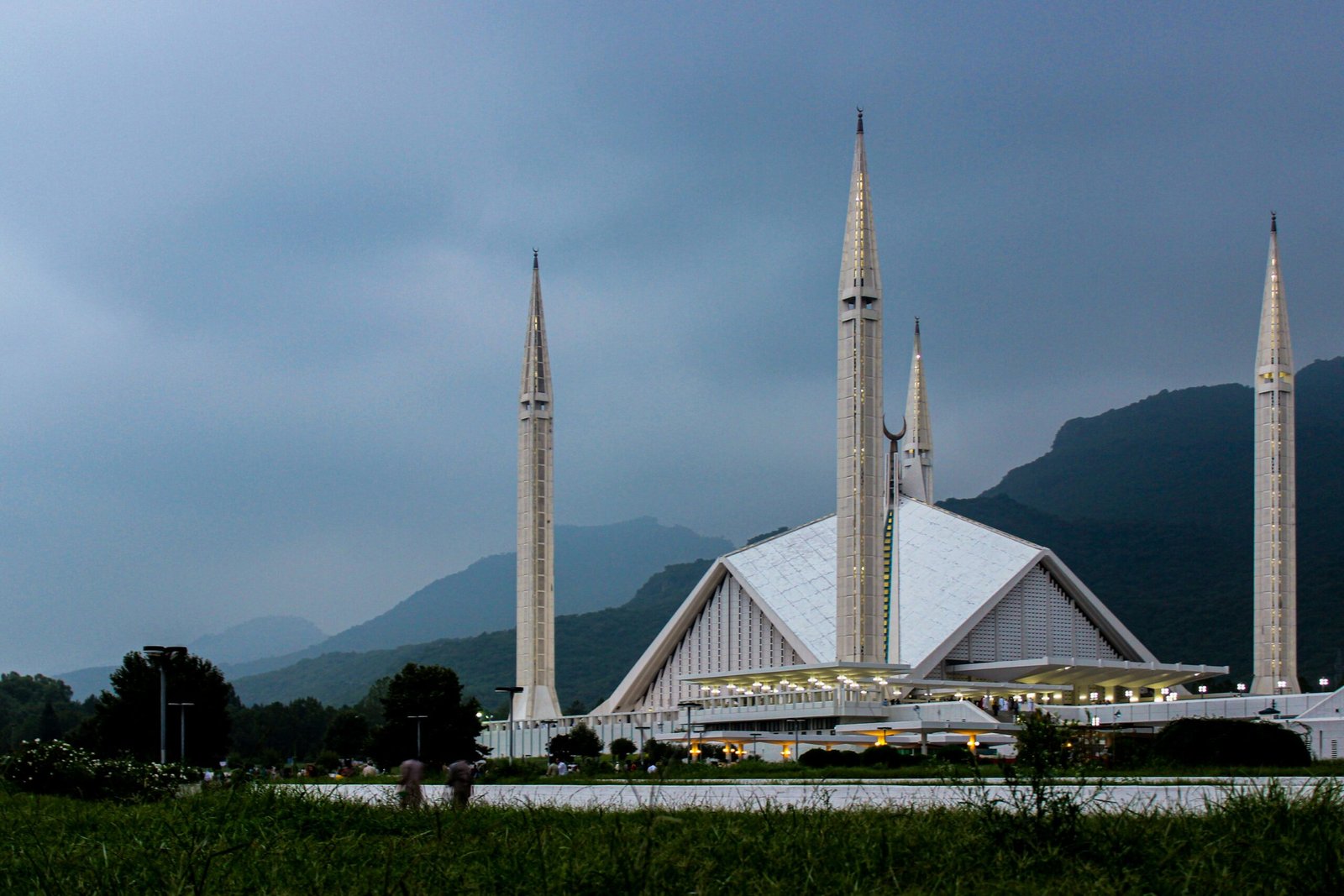The Ideology of Pakistan
The ideology of Pakistan is a result of a gradual process that evolved over time. It draws its foundation from historical experiences, philosophical explanations by Allama Iqbal, the political reality established by Quaid-i-Azam, and the legal sanction provided by the Constituent Assembly of Pakistan through the passing of the Objectives Resolution in March 1949.
The ideology of Pakistan originated from the realization of the Muslims in South Asia that they were distinct from the Hindus. Initially, they demanded separate electorates to protect their interests. However, as they recognized that their future in a democratic India, dominated by a Hindu majority, was not secure, their demand shifted towards the creation of a separate state.
The ideology of Pakistan is rooted in the belief of the Muslim community in South Asia that Islam and Hinduism are not just two religions but two social orders that have produced distinct cultures. The differences between the two are not limited to the struggle for political supremacy but are also evident in the clash of their social orders.
Despite coexisting for over a thousand years, Hindus and Muslims have developed different cultures, traditions, eating habits, music, architecture, and even script. The basis of Muslim nationhood is not territorial, racial, linguistic, or ethnic. Instead, it is their shared faith in Islam. Muslims demanded the creation of a sovereign state in areas where they were a majority, where they could live their lives in accordance with the teachings of the Holy Quran and the Sunnah of the Holy Prophet (pbuh).
The ideology of Pakistan, therefore, represents the desire of the Muslim community in South Asia to preserve their individuality and live according to their religious beliefs in a separate state.
Share this content:
